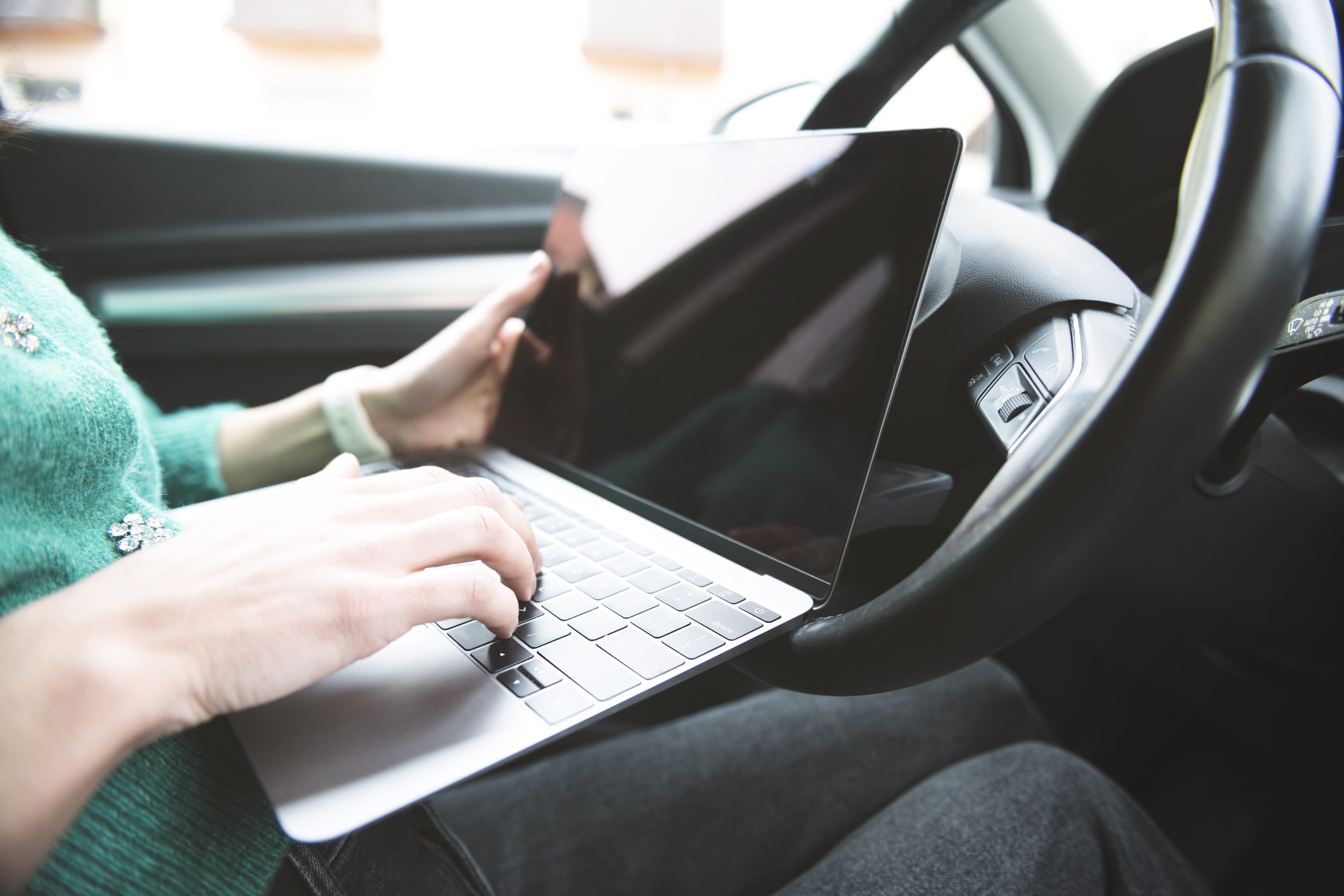Washington D.C. VIN Check


How to Perform a VIN Lookup in Washington, D.C.?
Whether you’re in the market to buy a vehicle in Washington, D.C., or simply curious about a vehicle’s specs, VIN lookups are a great way to obtain vehicle-related information. These lookups provide typically comprehensive reports containing detailed information on the vehicle’s features, sales history, title records, odometer readings, previous accidents, damages, repair and rebuild records, and recalls. You can perform VIN checks on vehicles registered and operated in the district by reaching out to the DC Department of Motor Vehicles or using reputable third-party services like GoodCar that offer convenient options for performing these VIN lookups in Washington, D.C.
Why Should I Run a dc VIN Check?

Running a DC VIN check provides valuable insights into a vehicle's history and current state, which can be especially helpful if you're thinking of buying a car in the district. Common information that can be accessed via these VIN checks include:
Section 50-502 of DC’s Automobile Consumer Protection Law provides remedies for consumers who purchase defective vehicles in the district. This law, which is commonly referred to as the district’s Lemon Law, covers new vehicles sold or registered in Washington, D.C., that develop a defect within two years of purchase and before the vehicle is driven 18,000 miles, whichever date is earlier. The defect must be significant enough to render the vehicle unreliable or unsafe for normal operation or reduce its resale value below the average for comparable vehicles. Note that this does not include any defects caused by abuse, neglect, or unauthorized modifications or alterations to the vehicle.
Per the Lemon Law, the manufacturer, their agent, or authorized dealer must either replace or repurchase the vehicle (at the buyer’s option) if they are unable to repair the defect after a reasonable number of attempts. Reasonable number of attempts under the DC Lemon Law generally translates to:
- At least four repair attempts for non-safety-related issues or one attempt for safety-related issues
- If the vehicle is out-of-service for repairs (arising from any significant defects) for at least 30 cumulative days
VIN checks are essential in relation to the DC Lemon Law, as they provide detailed vehicle history reports that can indicate whether a vehicle has been previously labeled a “lemon.” This is crucial information when buying a used vehicle to ensure that you do not unwittingly buy a car with significant repair problems or unresolved issues. VIN checks can also be used to verify a used car dealer’s compliance with district regulations requiring them to inform buyers about damages or defects that cost at least $1,000 in repairs and the extent of these damages.
Why Choose GoodCar for Washington D.C. VIN Lookup?
Requesters can benefit from extensive vehicle records and reports as they obtain information from accredited data providers like the NMVTIS. GoodCar also illustrates theft checks, collision records, recalls, flood, hail, or fire damage, and pricing.
Washington D.C. Resources
-
Who Issues a Vehicle's VIN Number in Washington, D.C.?
Vehicle VINs are assigned by manufacturers during production and can be used to look up information on the vehicle.
-
How Do I Verify a VIN Number in Washington, D.C.?
You can verify a VIN by contacting the DC DMV or online through various trusted third-party websites or services, like GoodCar.
-
Is It Safe to Check a Washington, D.C. VIN Online?
Yes, it is safe to check VINs online in Washington, D.C. Several reputable platforms offer VIN check services in the district, with GoodCar being a top choice for these lookups.
-
Do I Need a VIN Inspection in Washington, D.C.?
The DC DMV typically verifies a vehicle's VIN before completing its registration to ensure that it matches the available records.
-
Are Washington, D.C. VIN Checks Necessary for Out-of-State Vehicles Brought into Washington, D.C.?
VIN checks are necessary for out-of-state vehicles to ensure compliance with D.C. regulations.
-
What Does a Washington, D.C. VIN Check Reveal?
A DC VIN check reveals vehicle-related information like title issues, sale history, accidents, odometer readings, recalls, and more.
-
Can You Ask for the VIN from a Washington, D.C. Seller?
Yes, you can and should ask for the VIN from a seller when purchasing a vehicle. Be wary of any seller who seems hesitant to provide this or tries to dissuade you from running a VIN check, as this usually indicates issues with the vehicle.







